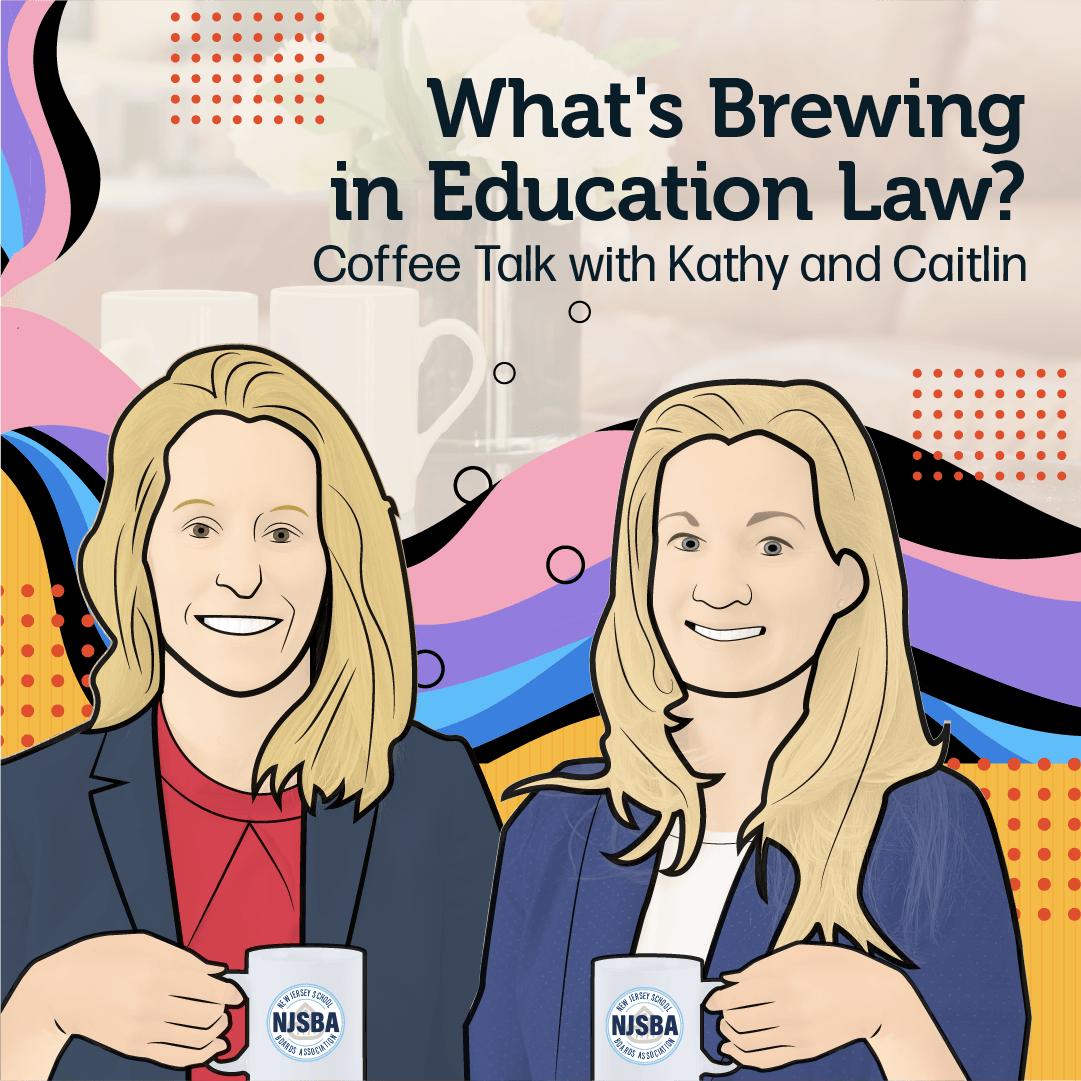As a veteran educator of more than 50 years, I have seen many changes in our curriculum. I was responsible for developing and updating curriculum for three school districts as well as working with the New Jersey Department of Education during the early stages of developing state standards.
Several years ago, while teaching an education course at Rowan University, I decided to ask my students the following question: What courses would you have liked your school districts to have offered? I did this for seven consecutive years. The results were revealing and very consistent over these years.
For want of a better word, these suggestions would fall under the category of “life skills.” They include a combination of skills most of us should have in life regardless of our academic majors or grade point averages.
I have combined the recommendations into categories. They include the following:
Personal Finance:
- How do I balance a checkbook?
- What is a stock, what are the advantages and risks involved, and how do I buy stocks?
- How do I buy a car?
- What do I need to know about car insurance?
Basic Sewing:
- How do I sew a button on my shirt?
- How do I hem jeans or a dress?
- How do I determine the quality of clothing?
- Where should I shop for good quality clothing that is reasonably priced and not just pay for labels?
Basic Tools:
- How do I use a hammer, wrench, saw, drill, etc. for basic home or apartment repairs?
- How do I replace a washer on my sink?
- How do I build shelves and attach them to a wall?
- How to I tighten or loosen a screw or pipe?
Automobile Safety and Maintenance:
- How do I check the oil level in my car, and add oil, if necessary?
- How often do I need an oil change? Can I do it myself and save money?
- How do I test the air pressure on my tires?
- How can I check the antifreeze in my car radiator?
- Can I change a tire in an emergency?
Essentially my students were reaching out for help. No single person is responsible for the fact that these skills are not widespread knowledge anymore. Society has changed. There was a time when most households had a parent — usually a mother — who grew up with a sewing machine and often made clothing, as well as minor repairs.
Some of this knowledge is now covered in schools, through inclusion in the New Jersey Student Learning Standards that pertain to financial literacy.
And there are those who might say that some of the skills mentioned here are the job of vocational and technical schools. Indeed, these schools are critical to our educational system and our country’s economic prosperity — just witness the problems existing today for a lack of truckers, plumbers, welders and the like.
But the students I surveyed were not interested in going full-time to a vocational school. They were asking for an elective or two at the middle and high school level to meet this need. As one student said, “I don’t want to become a home economics teacher, I want to know how to prepare several healthy and inexpensive meals on my own.” Another student indicated he is not expecting to become a carpenter or plumber but would like to make small household repairs and additions without always having to call a professional.
To those schools that already offer such courses, I urge them to continue to do so. For those that don’t, I believe these are reasonable requests and can easily be infused within an existing curriculum.
Why not begin by asking a committee in each school district that represents a cross section of teachers, administrators, board members, parents and alumni? The fact that the students I surveyed so reliably asked for help with life skills, speaks to what they want to learn.
Sabino Thomas Iovino is a former member of the Pittsgrove Township Board of Education, and was an educator for many years, including serving as supervisor of curriculum and staff development at Clearview Regional High School District, supervisor of curriculum and library services at Bridgeton Public Schools, and director of curriculum at Cumberland Regional School District.


